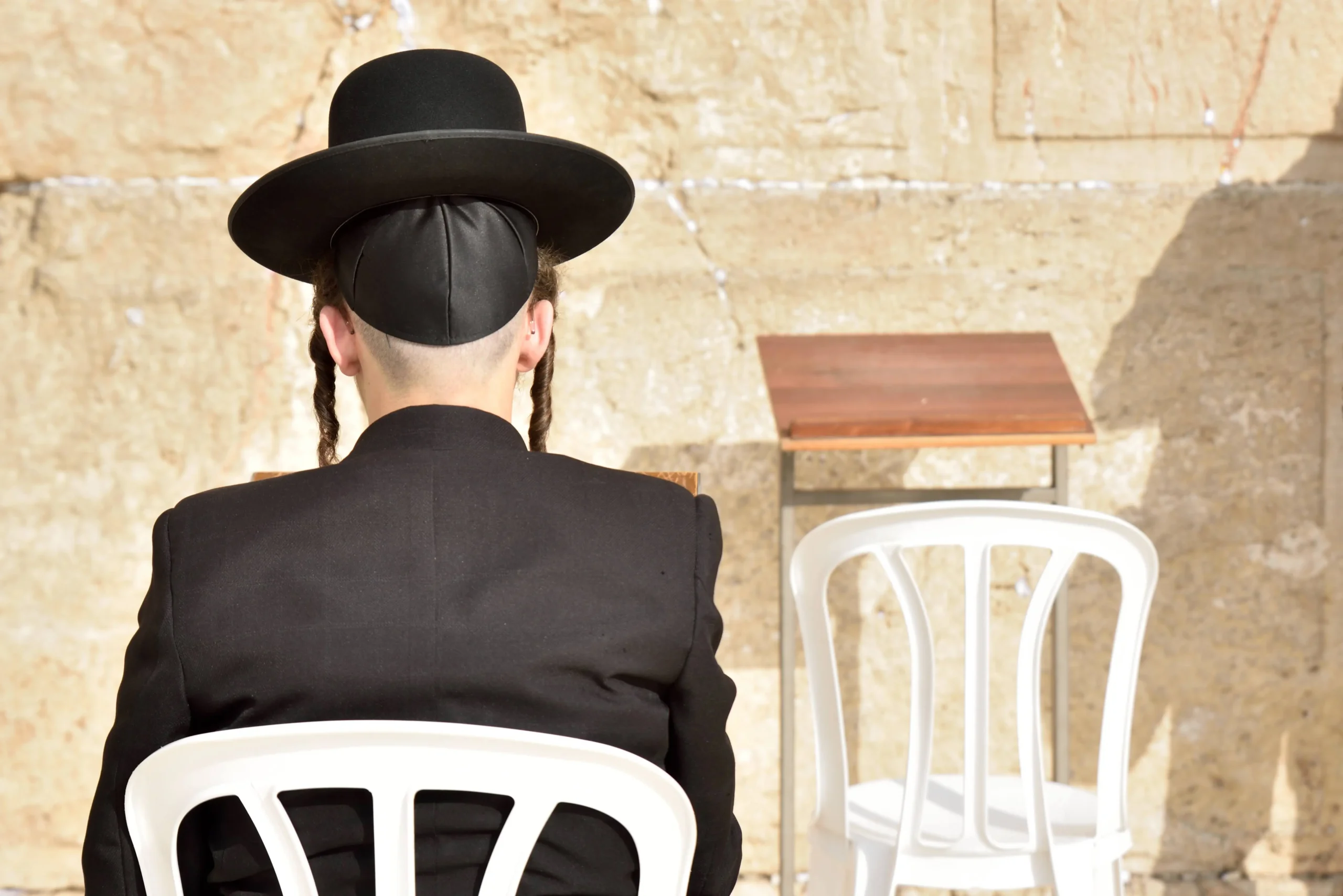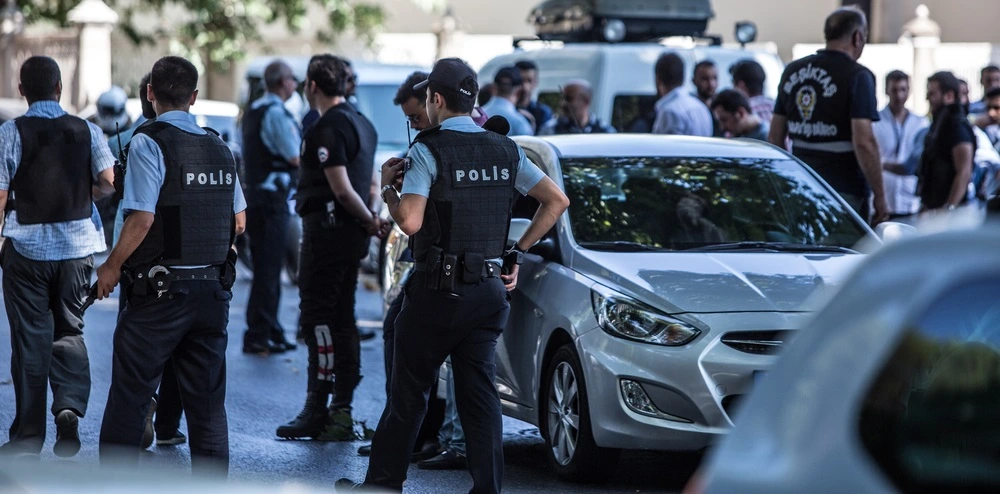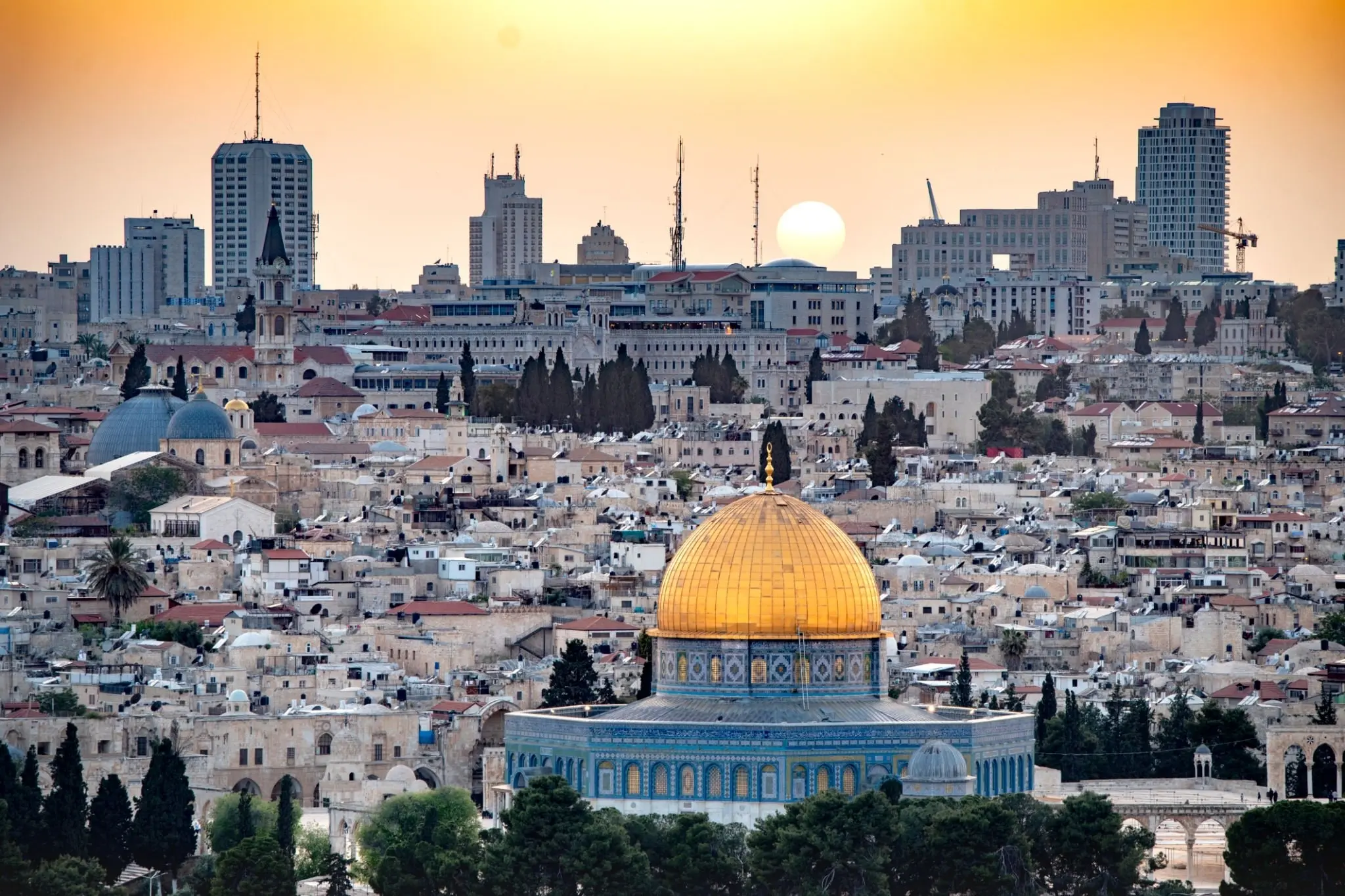22 Mar 2024
Will Netanyahu Conscript the Haredim?
This article was originally published on Ahram Online on Mar. 22, 2024.
The question of conscripting Ultra-Orthodox Jews, commonly known as Haredim, into the Israeli military has once again taken centre stage. This resurgence in debate follows calls by secularists, supported by several war cabinet members, including Defence Minister Yoav Gallant. During a press conference on Feb. 28, they advocated for amending conscription laws to include the Haredim.
The urgency behind these calls is fuelled by various challenges Israel currently faces. These include a labour shortage exacerbated by the ongoing Israel-Hamas War and tensions along the northern border with Hezbollah. The potential inclusion of Haredim in military service has sparked significant controversy within the Haredi community. Chief Sephardi Rabbi Yitzhak Yosef even issued a warning of a mass exodus of Haredi Jews from Israel if conscription becomes mandatory.
This latest call reignites an enduring conflict within Israeli society, rooted in the exemption privileges historically granted to Haredim. The issue remains unresolved due to the influence of religious parties, the political considerations of prime ministers, and the social dynamics within Israeli society. The exemption policies have long been a contention, particularly among secular citizens. Tensions escalated during the costly mobilisation efforts for the Israel-Hamas War, with over 66,000 Ultra-Orthodox youths exempted from military service in 2023 alone. This disparity has led to increased demands for the inclusion of Haredim in the military service, especially given the multiple security threats faced by Israel since Oct. 7.
Prime Minister Benjamin Netanyahu's return to power in late 2022 alongside the right-wing bloc underscored their determination to challenge conscription policies. Netanyahu's efforts to amend the Judicial Authority Law, dubbed "judicial reform", were met with widespread opposition from the secular community, leading to massive demonstrations.
These amendments aimed to circumvent a 2017 Supreme Court ruling that invalidated legislation preventing Haredim's conscription. Despite government concessions, including multiple deferments of recruitment deadlines, the issue remains unresolved. As the latest extension is set to expire on Mar. 31, a looming question remains: Will Netanyahu conscript the Haredim?
29 Jan 2024
Decoding the Istanbul Church Attack
This article was originally published on Ahram Online on Jan. 31, 2024.
The attack on the Santa Maria church in Istanbul is the first attack on Turkey claimed by IS since 2017. According to the Islamic State's statement, the attack was a response to one of its leaders instructing for the attack on "Jews and Christians". However, the end goal of the attack remains unclear and that raises questions about the legitimacy of IS’s claim. Over the last decade, the world has witnessed a sharp rise in terrorist attacks often claimed by terrorist groups striving to establish their relevance and influence over international politics. In fact, between 1998 and 2016, an estimated 16% of attacks were falsely claimed.
26 Apr 2023
Netanyahu’s Israel: Escalating Security Threats & Political Fault Lines
The Al-Aqsa Mosque in Jerusalem is a hotbed of tension between the Israeli forces and Palestinians. The “clashes” which are often depicted by international media reports as a struggle between two equal counterparts are part of a larger system used by the Israeli government to prevent and put into check any form of Palestinian resistance. However, when it comes to Al-Aqsa, media accounts tend to amplify certain narratives that justify police or military retaliation. Accounts from Israeli official sources vary greatly from the official Palestinian accounts and point to the large role that narratives about rights play in shaping the conflict on the ground. From the Israeli perspective, the presence of Palestinians in Al-Aqsa overnight is framed as a potential security threat while for Palestinians, the heavy presence of Israeli police and frequent raids, particularly during prayer times in the holy month of Ramadan, is a violation of their basic right to worship. Identifying the exact cause of violent escalation then becomes an issue of validating the accounts presented by each side which often pits official reports by the Israeli forces against individual Palestinian accounts and those of rights organisations present in the areas; arguably contributing further to international complacency. However, although the raids on Al-Aqsa Mosque are an annual occurrence, especially during Ramadan, the 2023 raids come under different circumstances than previous years.


